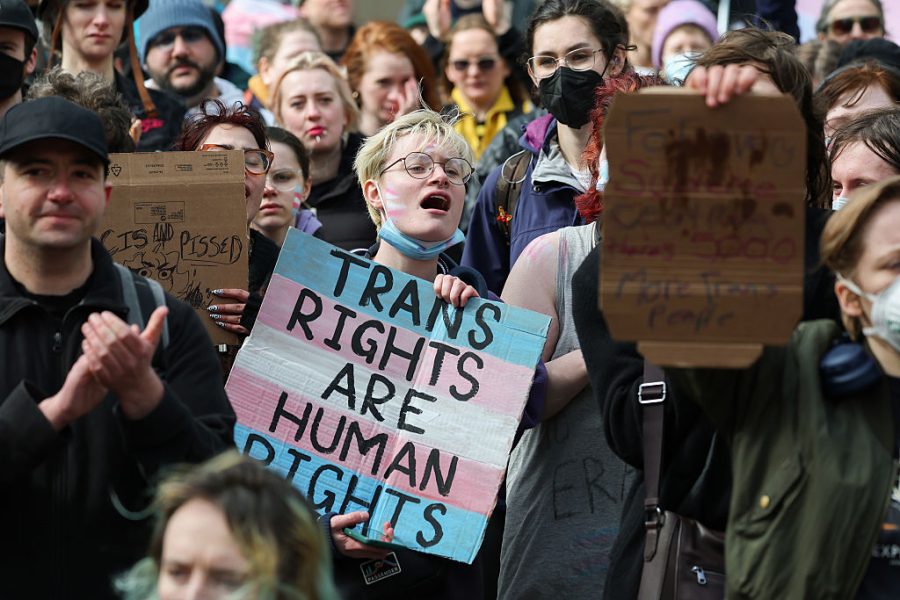The Supreme Court judgment on sex and gender was a welcome return to common sense. As far as the Equality Act is concerned, even Keir Starmer now knows that a woman is a biological female and a man is a biological male.
The task of producing new – and legally compliant – guidance for employers and service providers falls on the Equality and Human Rights Commission (EHRC). The organisation has moved quickly. In an interim published on Friday, the EHRC asserted that where services are segregated according to sex:
The EHRC is mindful of trans people’s needs
Trans women (biological men) should not be permitted to use the women’s facilities and trans men (biological women) should not be permitted to use the men’s facilities, as this will mean that they are no longer single-sex facilities and must be open to all users of the opposite sex.
Incidentally, while it is compulsory for workplaces to provide sufficient single-sex toilets (as well as sufficient single-sex changing and washing facilities where these facilities are needed), services open to the public can choose to offer unisex facilities only.

Britain’s best politics newsletters
You get two free articles each week when you sign up to The Spectator’s emails.
Already a subscriber? Log in







Comments
Join the debate for just £1 a month
Be part of the conversation with other Spectator readers by getting your first three months for £3.
UNLOCK ACCESS Just £1 a monthAlready a subscriber? Log in